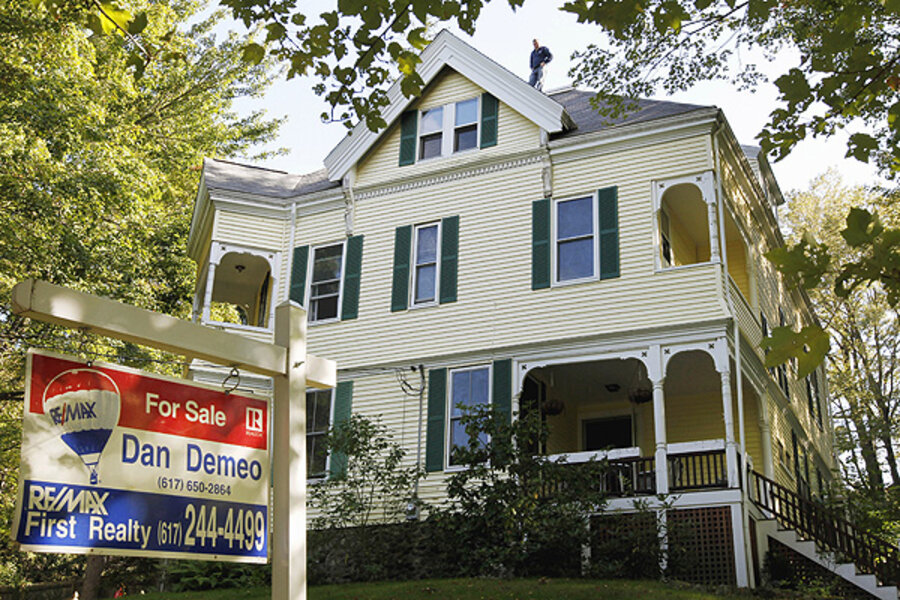Myth buster: There is no health care tax on most home sales
Loading...
It is the unfounded rumor that never dies: You will have to pay a 3.8 percent federal health care tax on the sale of your house.
For all but a handful of taxpayers, this is not true. It is wrong. It is urban myth. It is the revenue equivalent of death panels or the Halliburton conspiracy to start the Iraq war.
This is one of those seemingly immortal Internet stories. You know the ones: They usually start with the assertion that, “They don’t want to know this but….” In the words of one blogger, “Obamacare will impose a 3.8 percent tax on all home sales and real estate transactions.”
Umm, no it won’t. Yes, the health law will impose a 3.8 percent tax on investment profits and other non-wage income starting in 2013. But that tax applies only to couples with adjusted gross income of $250,000 (or individuals with AGI of $200,000). About 95 percent of households make less than that, and will be exempt from the law no matter what.
In addition, couples who sell a personal residence can exclude the first $500,000 in profit from tax ($250,000 for singles). That would be profit from a home sale, not proceeds. So a couple that bought a house for $100,000 and sold it for $599,000 would owe no tax, even under the health law.
If that couple had AGI in excess of $250,000 and made a profit of $500,010, it would owe the new tax. On ten bucks. That would be an extra 38 cents.
The Tax Policy Center figures that in 2013 about 0.2 percent of households with cash income of $100,000-$200,000 would pay any additional tax under this provision. And they’d pay, on average, an extra $235. Keep in mind that is added tax on all sources of non-wage income, not just home sales.
Still, like Dracula, this rumor can’t be killed. Politfact tried to knock it down in 2010. A couple of months ago, my Tax Policy Center colleague Donald Marron did the same in a Tax Notes article called “Health Reform’s Tax on Investment Income: Facts and Myths.”
People who send Internet chain letters probably don’t read Tax Notes. Still, imagine Donald’s surprise when just last week he met a guy in Kansas City who insisted that the tax not only exists, but the rate is 7 percent (some sort of weird bracket-creep, I guess).
Now imagine my surprise when, after I wrote a TaxVox article the other day about the (real) tax provisions of the health law, I got an email from a frustrated housing industry tax specialist. “There is usually some confusion/disinformation associated with new tax rules,” he wrote, “but I’ve never seen an issue that has as much as this one.”
So the bottom line is this: If you are a married couple whose AGI exceeds $250,000, and if you make more than a $500,000 profit from the sale of your house, yes, you may owe this tax. But if you are anybody else, spend your time worrying about how you’re going to win the next $600 million lottery—or whether you are going to get bopped in the head by a stray asteroid on your way to work.







